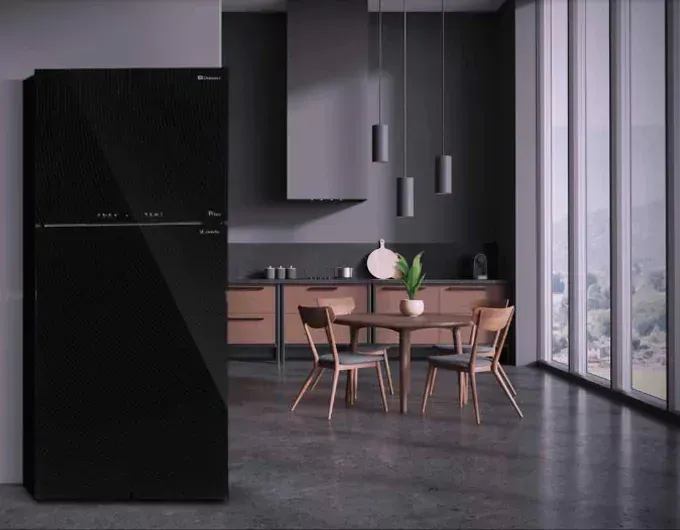5 Foods You Shouldn’t Put in the Refrigerator
Though a refrigerator can preserve many foods, there are some that shouldn’t be exposed to chilly temperatures. For those items, low temperatures can alter their taste, texture, or even hasten decay. What foods can be adversely affected when chilled? From bread to tomatoes, our list of 5 popular foods you shouldn’t put in the refrigerator may surprise you!
Foods You Shouldn’t Put in the Refrigerator: Our Room Temperature Recommendations
Knowing what foods you shouldn’t put in the refrigerator depends on the makeup of that particular food. The outer covering or internal structure of some items can actually be harmed by cool temperatures and enhanced by warmer ones. Here are some common foods that actually taste better and remain preserved when stored outside the fridge.
1. Bread
Should you put bread in the refrigerator? Though many of us chill bread to keep mold at bay, its taste and texture is best preserved at room temperature. In addition, doing so keeps this daily staple accessible and visible, ensuring that it’s used while still fresh.
Why Not?
Storing bread in the refrigerator can dry it out. This changes its structure, making it taste stale and feel tough.
Store it Here:
The countertop or a dark pantry or breadbox is best. If you won’t finish the whole loaf within several days, it can be kept in the freezer and used as needed.
2. Whole Melons
When it comes to what produce doesn’t go in the refrigerator, whole, uncut melons top the list. Keeping them in the fridge before ripening can destroy some of the very attributes that make them tasty and nutritious.
Why Not?
A refrigerator’s cool temperatures can actually stop the ripening process, limiting the fruit’s full range of flavor. Refrigeration can also halt the development of the valuable antioxidants that make melons so healthy.
Store it Here:
While melons are whole and ripening, keep them on the countertop. After ripening, store any cut, leftover fruit in a covered container in the refrigerator for up to three days.
3. Potatoes
Do you need to refrigerate potatoes? Whether they’re Russets or sweet potatoes, the answer is no. When stored in a cold environment, the taste and texture of potatoes can be permanently changed, and not for the better.
Why Not?
Potatoes are composed of complex carbohydrates that are altered when exposed to cold environments. The cold makes potato starches feel gritty when cooked and even causes an unnatural, sweet taste.
Store it Here:
Cool, dark places maximize the flavor of raw, uncooked potatoes. A drawer or basket in a dark pantry are ideal storage spots.
4. Coffee
Foods that shouldn’t be refrigerated also include coffee beans, whether they’re whole or ground. The subtle flavors that can make the difference between an average cup and a delicious, nuanced sip can be destroyed when refrigerated.
Why Not?
Whole beans can absorb a refrigerator’s humidity, causing condensation to form on their surface. This moisture can absorb the bean’s delicate flavors, leaving them bland and tasteless. Ground coffee also runs the risk of absorbing other food odors, permanently altering its taste.
Store it Here:
Keep coffee on your list of foods you shouldn’t put in the refrigerator and store in a dark place, like a kitchen cabinet. Use an airtight container for beans and grounds to keep out moisture.
5. Tomatoes
Some of the most important foods not to refrigerate are tomatoes. These delicate fruits are permanently harmed by chilly temperatures, changing their taste and texture.
Why Not?
Tomatoes benefit from warm spots to continue ripening even after they’re picked. Refrigeration can stop the ripening process and also prevent flavor from developing.
Store it Here:
Like other foods you shouldn’t put in the refrigerator, keep tomatoes on a countertop out of direct sunlight. Leave a bit of vine on picked tomatoes to keep them fresher longer and store cut leftovers in the refrigerator.




